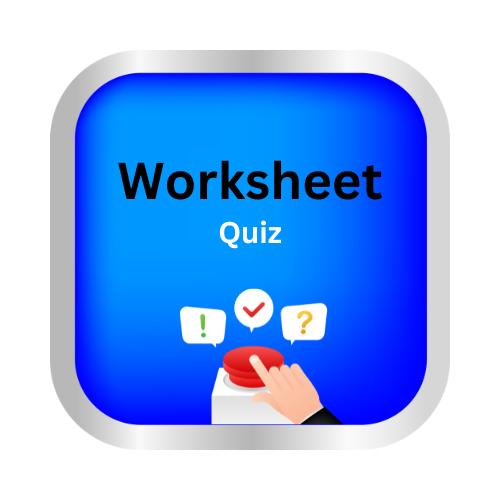Is it a complete sentence or a fragment?
key notes :
📝 Is it a Complete Sentence or a Fragment? 🌈✨
| What is a Sentence? |
A sentence is a group of words that makes complete sense and tells a complete thought.
- ✅ Example: The cat is sleeping. 🐱💤
- ❌ Fragment: Sleeping on the bed. ❌ (It doesn’t tell the whole idea!)
| Parts of a Complete Sentence |
A complete sentence must have:
- Subject 🧑 (Who or what the sentence is about)
- Predicate 🏃 (What the subject does or is)
Example:
- The dog 🐶 (subject) runs fast. 💨 (predicate) ✅
| What is a Fragment? |
A fragment is an incomplete sentence. It is missing a subject, a predicate, or a complete idea.
- ❌ Example: In the garden. 🌷 (We don’t know what happened in the garden!)
- ❌ Example: Eating a sandwich. 🥪 (Who is eating?)
| Tips to Spot a Fragment 🔍 |
- Ask yourself: “Does it make complete sense?” 🤔
- Look for both who/what (subject) and action/description (predicate).
- If it doesn’t answer a full thought, it’s a fragment. 🚫
| Fun Trick! 🎉 |
- Complete sentence = 🎯 complete thought
- Fragment = 🧩 missing a piece
| Practice Examples ✏️ |
Decide if each is a complete sentence ✅ or a fragment ❌:
- The sun is shining. ☀️ ✅
- Running to the park. 🏞️ ❌
- My friend likes chocolate. 🍫 ✅
- Under the big tree. 🌳 ❌
- We played football yesterday. ⚽ ✅

